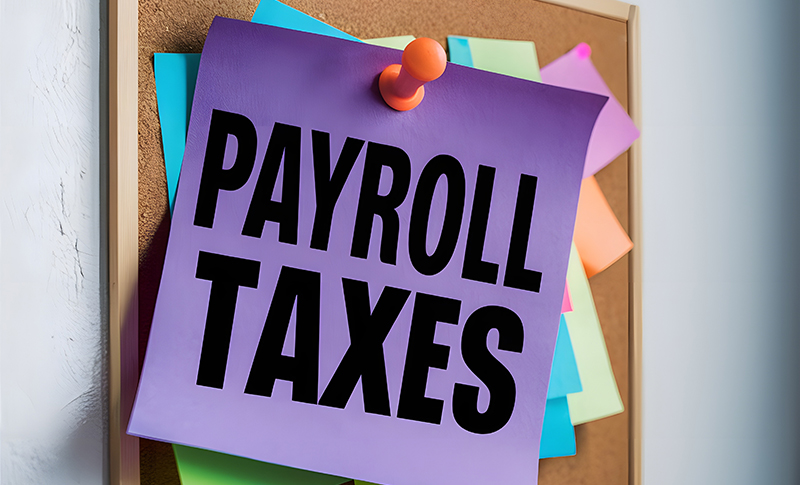Earned Income Credit – Do you qualify?
February, 18 2014 by Carol Thompson, EA
In order to qualify for an Earned Income Tax Credit (EITC) of up to $6,044, you must first meet these two qualifications:
- You must have earned income from employment or self-employment (see the full list on the IRS website); and
- You must have a qualifying child, or be a low-income worker without a child.
To determine if you qualify, the IRS website provides an EITC home-page with interactive guides on eligibility; claiming the EITC, EITC income limits and maximum credit amounts, and many other resources. You can even go to the “EITC Assistant – Find out if you qualify for EITC.” This interactive questionnaire allows you to determine whether you qualify, and estimate the amount of the potential credit. Go to the link below and type “EITC Home Page” in the “Search” box.
Beware of tax preparers who do not ask you multiple questions about your qualifications while preparing your tax return. The IRS requires all preparers to interview taxpayers and be certain that they qualify for the credit. Good information on choosing a preparer can be found on the EITC page under, “I’m Paying Someone to Do My EITC Return, What Should I Know?” This all-important information can save you the cost of an audit, penalties, and interest as well as a large tax bill. Be sure to review what to look for in a paid preparer, and be certain that the preparer signs your tax returns and provides a Preparer Tax Identification Number (PTIN) on the signature line of the return.




